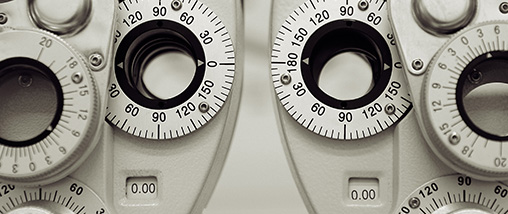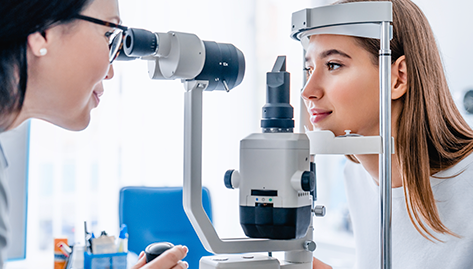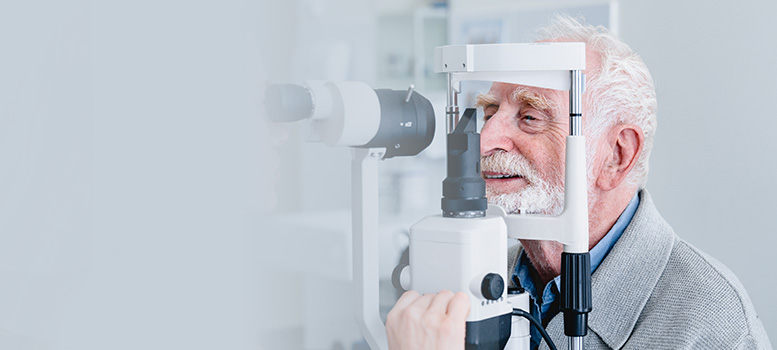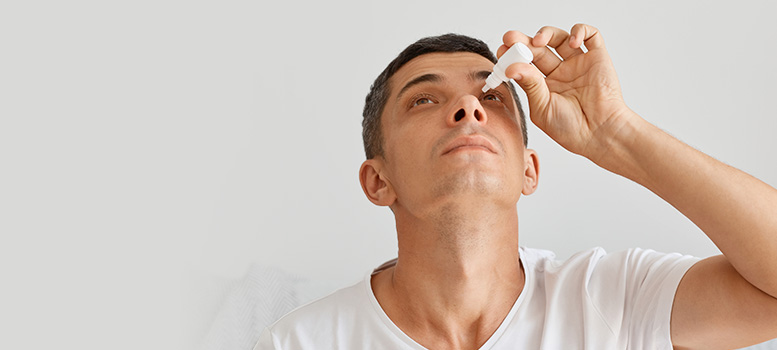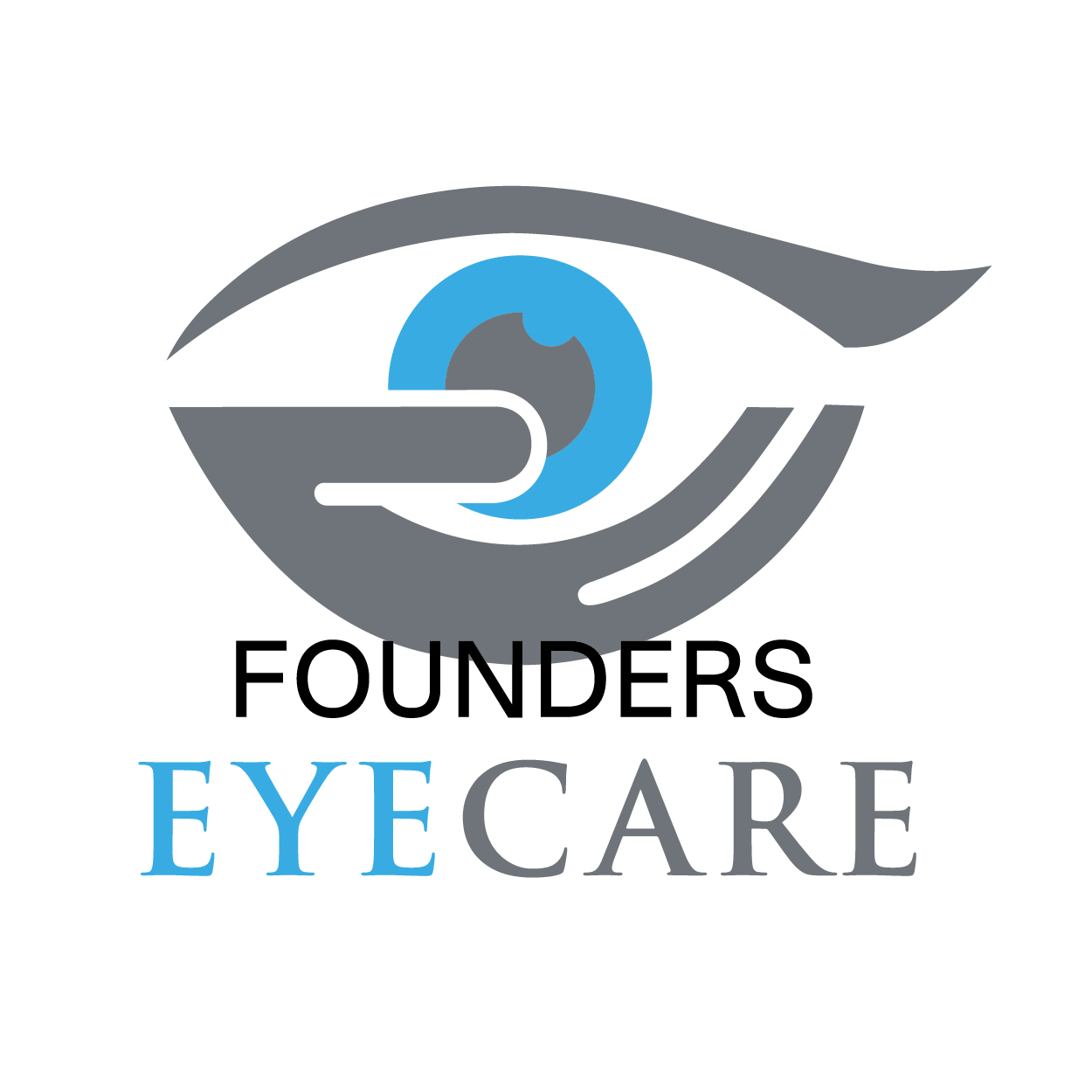

WELCOME TO Founders Eyecare
Your vision health is our top priority, and we strive to create a warm and welcoming environment for every patient. Our mission is to help you see the world with clarity and confidence.

featured services what we offer

MEET THE DOCTORS


Meet Our Doctors Dr. Joseph Raffa
Dr. Joseph Raffa completed his pre-medical studies at the University of Colorado, Denver, in 1989 and received his Doctor of Optometry degree in 1994 from Pacific University in Forest Grove, Oregon. He has been in private practice in the Denver area since 1994 and opened Founders Eyecare in 1996, specializing in primary care, contact lenses, eye emergencies, and pediatric vision-related learning problems.

Meet Our Doctors Dr. Theresa Hoang
Dr. Theresa Hoang is a native of Kansas where she attended Kansas State University and graduated with a Bachelor’s in Biology. After completion of her undergraduate studies, she was accepted into the University of Houston College of Optometry where she received her doctorate.

Meet Our Doctors Dr. Allison Thompson
Dr. Allison Thompson has provided compassionate, comprehensive eye care in Douglas County for over eleven years. She is known for her warm, welcoming presence and is often praised for treating patients like family. Her genuine care and personal approach help patients feel comfortable and valued at every visit. Dr. Thompson is highly skilled in primary care optometry, with special interests in contact lens fittings, dry eye management, and detecting vision issues that impact learning and daily performance.
INSURANCES WE ACCEPT















Featured Brands















MAP
CONTACT INFORMATION
HOURS OF OPERATION
Appointment Request
At Founders Eyecare, we provide the highest quality eye care to all our patients. Schedule your appointment today.
Thank You!
We've copied your review, after you click 'Publish' please paste your review by selecting 'ctrl' + 'v' into the review comments section.
Save Search
Saved Searches
Modal title
One fine body…



